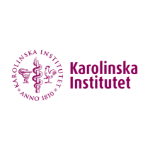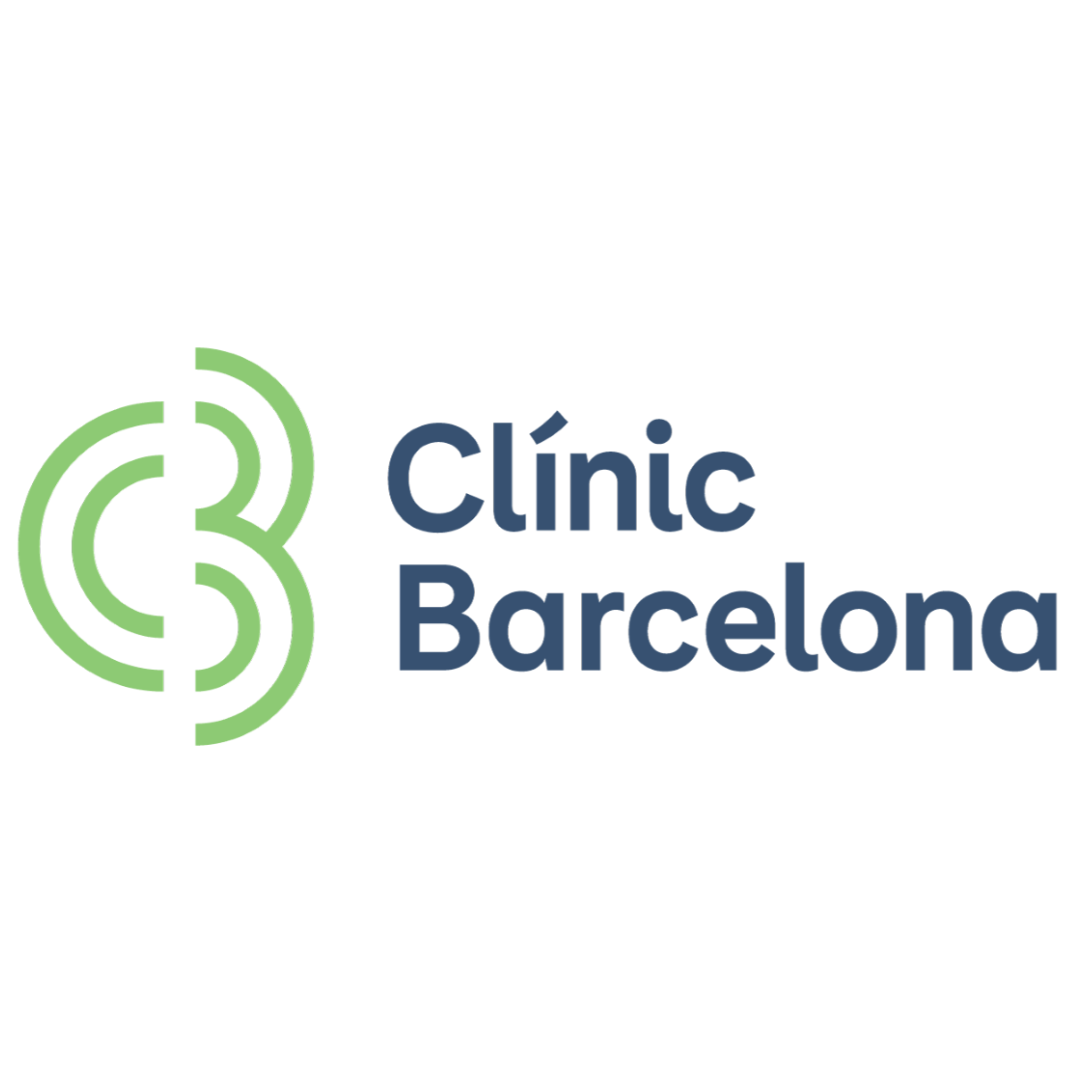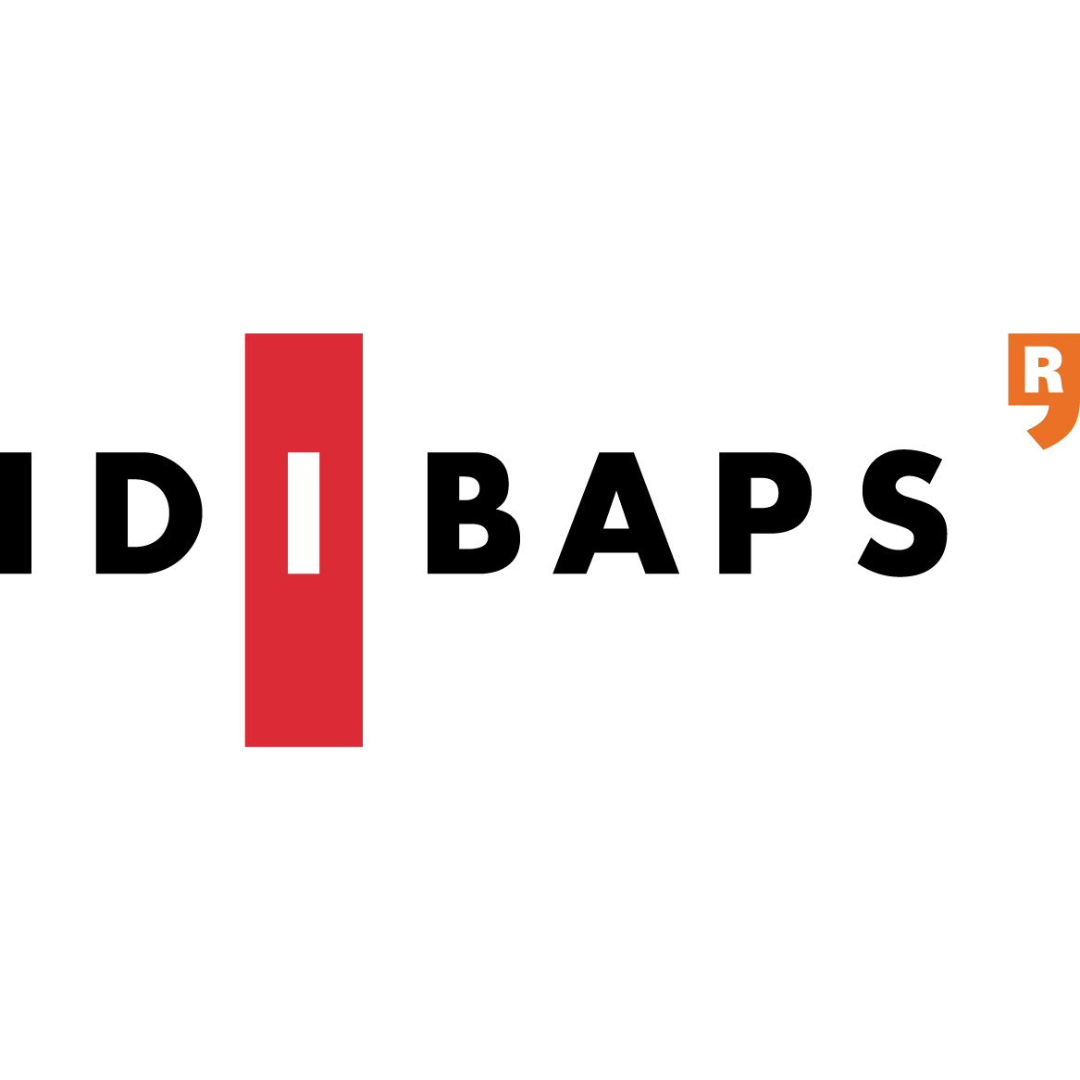AI-powered digital monitoring for proactive, personalised care in affective disorders.
The challenge
Affective disorders, that is bipolar disorder and recurrent depression, are highly prevalent and place a significant burden on healthcare systems and the economy due to treatment costs and lost productivity. Globally, bipolar disorder affects approximately 40 million people [1], with 5 million cases in Europe [2], while depression impacts around 280 million people worldwide [3], including 21 million in Europe [4]. The COVID-19 pandemic has further exacerbated the situation, leading to a 25% increase in depression cases within a year. [5] These disorders are a leading cause of work absence and suicide, contributing to over 55,000 disability-adjusted life years (DALYs) globally in 2019 – accounting for 44% of the total burden of mental disorders. Individuals with bipolar disorder face a suicide risk 20 to 60 times higher than the general population [6], and in Europe, suicide claims twice as many lives as road accidents [7], [8].
Two major challenges hinder the effective management of affective disorders:
- Lack of objective diagnostic and monitoring tools: Current diagnostic approaches rely on subjective assessments of patient behavior, with patients and families expected to recognise predictive symptoms. This method is inconsistent and unreliable, leading to delays in intervention.
- Limited access to mental healthcare: In the EU, there are only 18 psychiatrists per 100,000 people [9], making timely access to specialised care difficult, especially in remote areas. Patients typically see a psychiatrist every three months, with appointments scheduled in advance rather than based on clinical need, limiting the responsiveness of care.
Addressing these gaps is crucial to improving patient outcomes, reducing suicide risk, and alleviating the strain on healthcare systems across Europe.
The solution
MoodMon is an AI-driven monitoring tool designed to enhance the treatment of patients with chronic affective disorders, that is bipolar disorder and recurrent depression. It provides continuous, objective tracking of mental health symptoms, supporting patients, caregivers, and clinicians in monitoring mood changes and adjusting treatment accordingly.
The AI engine analyses patient behavioral data (voice sample, physical and social activity, and sleep patterns) identifying early signs of mood changes. If a potential shift is detected, alerts are sent to the patient, caregivers, and clinicians, enabling proactive intervention. Clinicians can assess alerts via the web portal, and their feedback helps retrain the AI model, improving predictive accuracy over time.
To improve voice sample collection, MoodMon has integrated a voicebot – developed with support from the Eco-Disruptive competition and a BUPA grant – which automatically records voice sample during simulated phone conversation with a bot, offering a more natural and reliable alternative to manual recording.
MoodMon successfully completed a clinical trial, demonstrating high sensitivity (TPR = 89.5%) and specificity (TNR = 98.83%) in detecting mental state changes. The system is currently undergoing certification as a Class IIa medical device under MDR, positioning it as a transformative tool for personalised and data-driven mental healthcare.
Expected impact
The primary objective of this project is to commercialise MoodMon, with key milestones including:
- CE certification under MDR by mid-2025.
- Demonstration of health economic value by the end of 2025.
- Signing sales contracts by the end of 2025.
MoodMon will deliver significant benefits across multiple levels:
- For patients – It enhances quality of life, provides a greater sense of security and control over their condition, and ensures better continuity of care.
- For healthcare systems – By reducing hospitalisations, as indicated in clinical trials, MoodMon has the potential to generate substantial cost savings, alleviating pressure on resources and improving overall efficiency.
- For clinicians – It supports better patient management, saves time, and enhances treatment effectiveness, ultimately contributing to professional satisfaction and improved care delivery.
Integrating MoodMon into statutory and private health insurance systems can unlock additional benefits, enhancing the sustainability of mental healthcare in Europe. Key advantages include:
- Cost reduction – Digital monitoring minimises unnecessary hospital admissions and emergency visits, reducing overall healthcare expenditure.
- Improved risk assessment and personalisation – AI-driven analysis allows for dynamic pricing models in insurance, fostering transparency and personalised premiums based on individual health metrics.
- Increased patient engagement – Continuous monitoring encourages adherence to treatment plans and healthier lifestyle choices, leading to better long-term outcomes.
- Competitive advantage for insurers – Digital health solutions, including remote monitoring and telehealth integration, position insurers as innovators, attracting a tech-savvy customer base.
By enhancing clinical insights, facilitating early intervention, and optimising resource allocation, MoodMon represents a transformative step toward a more efficient, patient-centered, and economically sustainable mental healthcare system in Europe.
External Partners
- Britenet Med (Lead partner)
- Medigent Lab
References
[1] https://www.who.int/news-room/fact-sheets/detail/mental-disorders
[2] https://www.oecd-ilibrary.org/sites/health_glance_eur-2018-4-en/index.html?itemId=/content/component/health_glance_eur-2018-4-en
[3] https://www.who.int/news-room/fact-sheets/detail/depression
[4] https://www.oecd-ilibrary.org/social-issues-migration-health/health-at-a-glance-europe-2018/promoting-mental-health-in-europe-why-and-how_health_glance_eur-2018-4-en;jsessionid=KodxvvB9J1xVbynhyINT-607hPhhyI68tqubpflI.ip-10-240-5-57
[5] https://www.who.int/news/item/02-03-2022-covid-19-pandemic-triggers-25-increase-in-prevalence-of-anxiety-and-depression-worldwide
[6] Novick, D. M., Swartz, H. A., & Frank, E. (2010). Suicide attempts in bipolar I and bipolar II disorder: a review and meta-analysis of the evidence. Bipolar disorders, 12(1), 1-9.
[7] https://ec.europa.eu/eurostat/statistics-explained/index.php?title=Road_safety_statistics_in_the_EU
[8] https://ec.europa.eu/eurostat/web/products-eurostat-news/w/edn-20240909-1
[9] https://www.socialeurope.eu/a-mental-health-strategy-for-europe
Members

CLC/InnoStars: Scandinavia
Partner classification: Education, Research
Karolinska Institutet is one of the world's leading medical Universities. Our mission is to contribute to the improvement of human health through research and education. Our research covers the entire medical field, from basic molecular biological research, to clinical epidemiology and nursing science. Since 1901 the Nobel Assembly at Karolinska Institutet has selected the Nobel laureates in Physiology or Medicine. With our close relationship to the clinical world, a well-established infrastructure, a unique innovation system and financial stability, Karolinska Institutet has excellent prerequisites for sustaining high-quality research and education.
Key Activities in Corporate Innovation
Pharma, Med Tech, Diagnostics, Imaging, Nutrition
Key Activities in Social Innovation
Healthcare provision
Key Activities in Business Creation
Incubation, Technology Transfer, Business coaching, Testing & Validation
Key Activities in Education
Entrepreneurship training, Medical faculties, Healthcare professional education/training


CLC/InnoStars: Spain
Partner classification: Municipality / City, Hospital / University Hospital
Servicio Madrileño de Salud (SERMAS) is the public health provider of the region of Madrid. SERMAS belongs to the Spanish National Health System and provides services to more than 6 million citizens through 38 hospitals and 424 primary care centres. SERMAS is an international reference for high-specialized medicine; it is equipped with state-of-the art stage technologies and characterized by high-qualified health professionals distributed in three domains: primary care, hospital care and emergency care through SUMMA 112. SERMAS has one of the best public primary care systems in good coordination with hospital care and social services in order to provide integrated care and achieve real impact on patients and families. In order to improve health research management and coordination, SERMAS works with 13 Research Foundations that support from the economic and administrative point of view research and innovation that originates at university hospitals, primary care, the emergency medical service and public health covering all areas of specialties and including communication and information technologic departments. These public research foundations focus on innovation and translational research, seeking for real outcomes in healthcare. SERMAS is committed to ensure the continuous improvement of quality.
Key Activities in Social Innovation
Healthcare provision, Payers
Key Activities in Business Creation
Technology Transfer, Testing & Validation
Key Activities in Education
Medical faculties, Healthcare professional education/training


CLC/InnoStars: Spain
Partner classification: Research, Hospital / University Hospital
Hospital Clinic of Barcelona (HCB), founded in 1906, is a university hospital with 4,500 professionals covering most of medical and surgical specialties. It belongs to the Catalan Public Hospital Network and it is both a high-complexity tertiary hospital and a community hospital providing services to more than half million citizens. HCB is placed in Spain in a top position in the areas of research and innovation (e.g. top participant in Societal Challenge 1-Health in H2020).
Hospital Clínic de Barcelona
Carrer de Villarroel, 170, 08036 Barcelona, Spain
Key Activities in Corporate Innovation
Key Innovation capacities
-Strong expertise in EIT Health projects (involved in +30 projects from all pillars since 2016)
-Internationally recognized KOLs in different fields (+100 management positions in international scientific and clinical societies)
-High volume of Clinical Trials (+200 new clinical trials performed every year) with a dedicated Clinical Trial Unit, offering an integral support
-Technology transfer (12 active spin-off; +70 active patent families)
Key Activities in Social Innovation
Healthcare provision
Key Activities in Business Creation
Testing & Validation
Key Activities in Education
-Professionals (AulaClinic) (+500 actions and +7500 participants in 2021) http://www.aulaclinic.com/
-Patients (Patient Experience Forum - Living Lab) (20 focal groups and 75 participants in 2021) https://www.clinicbarcelona.org/uploads/media/default/0002/77/9d52d7598494a2a45a34f19a56a6c4af1af6a0ae.pdf
-Citizens (PortalCLÍNIC) (+5 million visits in 2021) https://www.clinicbarcelona.org/en/portalclinic


CLC/InnoStars: Spain
Partner classification: Research
Partner type: Linked/Affiliated Party
The Fundació de Recerca Clínic Barcelona-Institut d’Investigacions Biomèdiques August Pi i Sunyer (IDIBAPS) is a public research centre dedicated to biomedical research, founded in 1996 to broaden the clinical research of the Hospital Clinic de Barcelona (HCB). With >1,500 original articles and >2,500 publications annually, IDIBAPS is one of the leading biomedical research centres in Spain driving forward original multidisciplinary biomedical research on multiple diseases affecting our society, with the mission to translate “knowledge into cure”. The broad vision of IDIBAPS Strategic Plan is to improve the health and quality of life of citizens through high impact research and collaborations, at the highest level of scientific integrity, public accountability, and social responsibility. The close interaction of 100 clinical and laboratory research groups, composed by more than 460 Principal Investigators, drives forward original translational and multidisciplinary research oriented to solve relevant biological and clinical questions for human health. The researchers have access to novel and first-class infrastructures available together with six own core facilities offering a wide range of services under strict quality management controls performed at all levels. The institution has also a strong track record working in European projects (e.g. 90 projects obtained along H2020 and 36 in Horizon Europe) and has a dedicated European Projects Office (OPE) and the Knowledge and Technology Transfer Office (KTT).
Fundació de Recerca Clínic Barcelona-Institut d’Investigacions Biomèdiques August Pi i Sunyer (IDIBAPS)
Carrer del Rosselló, 149, 08036 Barcelona, Spain
Key Activities in Research and Developement
1600 researchers in 100 research groups
Key Activities in Corporate Innovation
Key Innovation capacities
-Strong expertise in EIT Health projects (involved in +30 projects from all pillars since 2016)
-Internationally recognized KOLs in different fields (+100 management positions in international scientific and clinical societies)
-High volume of Clinical Trials (+200 new clinical trials performed every year) with a dedicated Clinical Trial Unit, offering an integral support
-Technology transfer (12 active spin-off; +70 active patent families)
Key Activities in Business Creation
Testing & Validation
Key Activities in Education
Medical faculties, Healthcare professional education/training
